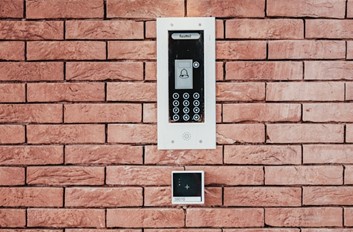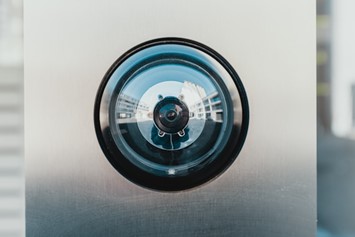The commercial real estate (CRE) industry has experienced a significant transformation in recent years, driven by technological advancements that are reshaping how properties are designed, managed, and marketed. From smart buildings and PropTech innovations to virtual property tours, technology is having a profound impact on the industry. In this article, David Shulick explores the latest trends in technology that are changing the landscape of commercial real estate, and examines how these advancements are driving efficiency, enhancing tenant experiences, and improving property management.
Smart Buildings: The Future of CRE
Smart buildings are at the forefront of the technological revolution in commercial real estate. These buildings incorporate advanced systems and sensors to improve energy efficiency, security, and occupant comfort. Here’s how smart buildings are transforming the industry:
Energy Efficiency and Sustainability
Smart buildings use automation and data analytics to optimize energy usage. Systems such as smart lighting, HVAC controls, and building management software enable property managers to monitor and adjust energy consumption in real-time. This not only reduces energy costs but also aligns with sustainability goals, making smart buildings an attractive option for environmentally conscious tenants and investors.
Enhanced Security and Safety
Smart building technology includes advanced security systems with features like facial recognition, keyless entry, and surveillance cameras. These systems provide enhanced security for tenants and allow property managers to monitor building safety remotely. In addition, smart buildings often include safety features such as automated fire detection and emergency response systems, improving overall safety for occupants.
Improved Occupant Comfort
Smart buildings are designed to enhance occupant comfort by providing customizable environments. Technologies like smart thermostats, automated shading, and noise reduction systems allow tenants to create personalized workspaces. This focus on occupant comfort can lead to higher tenant satisfaction and retention rates.
PropTech: Revolutionizing Property Management
Property Technology encompasses a wide range of technological solutions designed to streamline property management and improve the tenant experience. PropTech is transforming the CRE industry in several ways:

Property Management Software
This technology also includes advanced property management software that automates many aspects of property management, such as rent collection, lease tracking, and maintenance requests. This automation reduces administrative overhead and allows property managers to focus on strategic tasks, leading to greater efficiency and cost savings.
Tenant Engagement Platforms
PropTech platforms are increasingly focused on tenant engagement, providing tools for communication, service requests, and community-building. These platforms allow tenants to interact with property managers and each other, creating a sense of community within commercial properties. Engaged tenants are more likely to stay in a building, reducing vacancy rates and turnover costs.
Data Analytics and Business Intelligence
Advanced analytics tools can process large amounts of data to provide valuable insights into property performance, tenant behavior, and market trends. Property managers can use this data to make informed decisions about property improvements, lease negotiations, and marketing strategies.
Virtual Property Tours: A New Way to Market Commercial Real Estate
The COVID-19 pandemic accelerated the adoption of virtual property tours in the CRE industry. These virtual tours allow prospective tenants and buyers to explore properties remotely, providing a safe and convenient alternative to in-person tours. Here’s how virtual property tours are transforming the marketing of commercial real estate:
Enhanced Reach and Accessibility
Virtual property tours enable property managers to reach a wider audience by allowing anyone, anywhere, to explore a property. This increased accessibility can attract a broader range of prospective tenants, leading to higher occupancy rates.
Cost and Time Savings
Virtual property tours save time and resources by reducing the need for in-person visits. Property managers can create a virtual tour once and use it to showcase the property to multiple prospective tenants. This efficiency can shorten the leasing process and reduce marketing costs.
Improved Visualization
Virtual tours often use high-quality 3D imaging and interactive features to provide a realistic and immersive experience. Prospective tenants can navigate through a property, view different spaces, and visualize how they would use the area. This improved visualization can lead to more informed leasing decisions and higher tenant satisfaction.
Conclusion
Technology is transforming the commercial real estate industry, driving innovation and improving the way properties are managed, marketed, and experienced. From smart buildings that optimize energy usage and enhance security to PropTech solutions that streamline property management, technology is reshaping the landscape of CRE.
Virtual property tours offer a new way to market commercial real estate, providing a safe and efficient means for prospective tenants and buyers to explore properties remotely. These trends not only improve the efficiency and effectiveness of the industry but also create a more tenant-centric approach to commercial real estate.
As technology continues to evolve, commercial real estate professionals must stay informed and adapt to these changes to remain competitive. Embracing these technological advancements can lead to greater success, improved tenant satisfaction, and a more sustainable future for the CRE industry.
